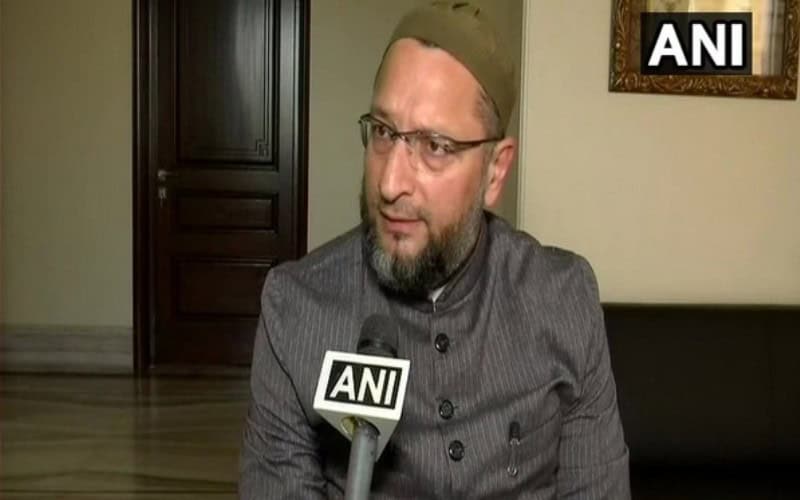New Delhi: The Apex court’s decision on refusing to set up a larger bench to relook the 1994 verdict which held that Mosque is not an essential part of practice in Islam has indeed hurt many minority organizations as it was decided without looking into the aspects of both communities.
If namaz can be offered anywhere on earth, so can a temple be established too, but the apex court’s refusal to relook the verdict, has indeed hurt Indian Muslims since one of the basic and integral practices of Islam was not given any recognition in the past was denied again when sought in the top court, Indian Express reports.
While most of majority religious groups in India welcomed the decision Hyderabad’s MP Asaduddin Owaisi holds different opinion of the same.
Babri Masjid Action Committee convenor Zafaryab Jilani said: “The court clarified that the 1994 judgment was in a particular context and that the question is not relevant to the title suit. People are unnecessarily trying to create an impression that this has bearing on the upcoming hearing on Ayodhya. The court today clarified just that – it said the previous verdict has no relevance to the title suit.”
He added, “We are satisfied with the judgment; now the Ayodhya hearing can commence.”
Contrary to what Jilani said, Kamal Farooqui, All-India Muslim Personal Law Board (AIMPLB) member opined that “things have gone haywire” with Thursday’s decision.
He said that relooking the 1994 verdict by a larger bench was a crucial decision for Ayodhya hearing but since the apex court refused to set up a larger bench chance of Allahabad HC’s verdict being upheld by SC are “brighter than ever”.
“The immediate implication of mosque not being an integral part of Islam is that there is no bar on the government acquiring the Babri Masjid land for its three-way division, as mandated by Allahabad High Court,” he said.
He said, “The Ismail Faruqui judgment did not go into religiosity of the matter, (and) that is why we had gone to court asking for that question to be clarified first. Now that it has been upheld, the danger is that it can be used for any religious institution. It also seems likely that the 2010 judgment would be upheld because the basis of that judgment was this (1994 verdict). I do not see any more legal options in front of us either.”
With basic Islamic principles being challenged in court and Muslim laws amended by people other than Muslims is what exactly Indian Muslims are going through in India.
Owaisi also an executive member of AIMPLB said: “the Quran says so, as does the Hadees” referring to Mosque being an integral practice of Islam.
He said, “It would have been in the fitness of things for the matter to be referred to a larger bench. First they said beard is not integral to Islam, then they said triple talaq is not integral to Islam, now they say mosque is not integral to Islam. What is the Indian Muslim left with then?
“If masjid is not integral to Islam, are religious places of other religions integral to their religion?” asked MP Owaisi.

